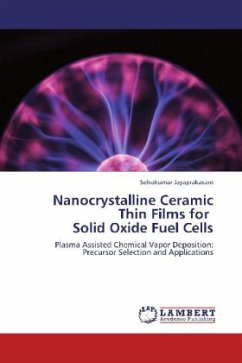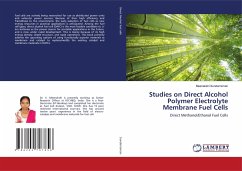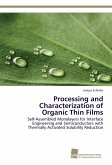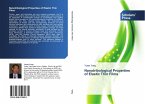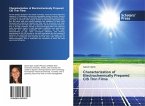Thin films are often applied to reduce the cost of product fabrication, improve performance, and provide more flexibility in product design. In addition, they are environmentally benign. The global energy industry revealed that thin films play a important part in technologies, namely photo-voltaic, solar power, geothermal power, nuclear power, batteries, and fuel cells. Meeting our energy needs, without causing the collapse of the ecosystems upon which we depend, has become a major thrust area. This has brought about the development of a range of "alternative" clean, renewable energy technologies such as solar, photovoltaic and wind energy. However, these alone will not be enough due to their inherently variable output, the remoteness of prime locations, and the difficulty in efficiently and cost effectively storing and transporting energy. There is an emerging technology, which could allow this demand to be met. The technology is the fuel cell, a device that oxidizes fuel, such as hydrogen, in a substantially isothermal electrochemical process; directly converting chemical energy into electrical energy with optimal efficiency.
Bitte wählen Sie Ihr Anliegen aus.
Rechnungen
Retourenschein anfordern
Bestellstatus
Storno

